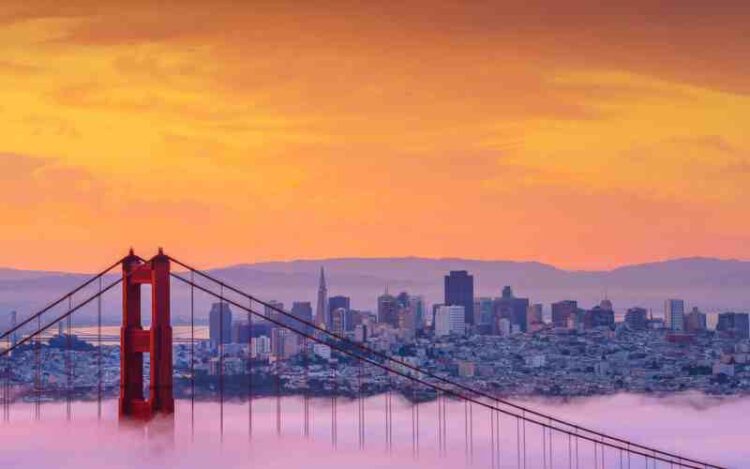The San Francisco Board of Supervisors on June 6 decided to implement a moratorium on the issuance of new licenses for cannabis businesses in the city for the next four-and-a-half years. The 10 board members who were in attendance voted in favor of this, though one member was not present.
Supervisor Ahsha Safai spearheaded the temporary moratorium. He stressed that it’s more of a suspension than a prohibition, and we can reassess the situation in a few years, according to the report by The San Francisco Standard.
The San Francisco Standard also noted that Safai’s move could address concerns of the local Asian American communities that are against cannabis, which might be a tactic by Safai as he vies to run for San Francisco’s mayoral position in 2024.
Safai’s primary motivations for the moratorium stem from an oversupply of cannabis products, a booming black market, and issues related to public safety linked to recent burglaries. In May, Safai voiced these concerns to the board: “We are not short of cannabis retail outlets, and many are struggling due to rampant break-ins, public safety worries and a thriving black market that isn’t being adequately regulated,” he said.
The San Francisco Standard indicates there are 32 approved medical cannabis dispensaries and 31 recreational ones within city borders, with roughly 100 applications currently under review. SFGATE data suggest that there are nearly nine cannabis dispensaries per 100,000 individuals in San Francisco, in contrast to San Diego’s 2.6 and Los Angeles’ 1.8. However, cities like Portland, Oregon boast 34 dispensaries per 100,000 residents.
Supervisor Dean Preston endorsed the vote on June 6 due to the incorporation of the 2027 sunset clause. “The initial proposal was more of a permanent ban,” Preston said, as per SFGATE. “The revisions help establish a shorter-term moratorium that aligns with the original intent.”
The moratorium is set to last until the end of 2027, at which point the board of supervisors will determine whether to lift or extend the prohibition. It won’t impact currently operational cannabis businesses or applicants. The moratorium will be enacted 30 days post approval, meaning it will begin in early July.
Existing cannabis business operators, such as Johnny Delaplane, co-owner of Berner’s on Haight, told SFGATE that more dispensaries will only lead to more competition and eventually hinder everyone’s success. “There’s a limited legal cannabis market in San Francisco,” Delaplane said. “If it’s being split among 70 retailers and soon to be 140 retailers, many of these retailers are going to fail.”
Brad Rowe, a lecturer of public policy at UCLA and an adjunct professor at Pepperdine University, remarked that while this would benefit dispensaries, it could also result in increased product prices for consumers. “There’s a method to generate value by restricting access,” said Rowe. “The question is who will bear the cost? Consumers will have to pay with higher prices.”
Other business owners highlighted how this prohibition favors the wealthy individuals who have already established shops in the city. “It’s unjust,” stated Reese Benton, owner of Posh Green. “It’s difficult for someone like me to even open their first store.”
According to Nina Parks, owner of Gift of Doja, a social equity applicant currently in the application process, the prohibition will hurt other social equity applicants. “It restricts access to opportunity, which is the opposite of what the equity program is supposed to do—it should broaden access for marginalized folks,” Parks commented.
In locations like Pasco, Washington, officials have recently lifted a decade-long ban on cannabis, whereas Amsterdam has just enforced a ban to prevent public cannabis smoking. Similar to San Francisco, other states where recreational cannabis is legal are also dealing with oversupply issues. A recent Associated Press report noted how growers have too much product, with insufficient legal dispensaries open to sell and distribute flower, edibles, and distillate.









